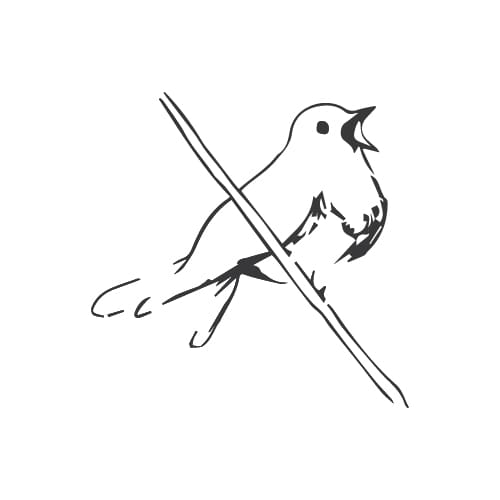Vulification
- D.A. Simants, Nightingale
| In this response to our July prompt, D.A. Simants creates a new word to describe a perpetrator’s act of weakening and causing harm. Although the word shares a root with “vulnerable,” Simants skillfully adjusts the perspective of this meaning of weakness and pain to encourage our readers to view it not as an inherent trait or experience of the person experiencing violence, but instead an active harm pushed on the survivor. Simants is able to address the experience of blame that survivors encounter, and remind readers that trauma isn’t their fault — and freedom from blame is part of what leads to healing. |

Vulification
by
D.A. Simants
Vulᐧiᐧfiᐧcaᐧtion / ‘ vələfə ‘ kāSH(ə)n /
noun: vulification; plural noun: vulifications the strategic weakening of someone or something to the point of intense harm
“vulification of her mental state”
verb: vulificate to intentionally force someone or something into a state of susceptibility to destruction
“we must vulificate the enemy”
Origin: from the latin ‘vulnerare’; to wound
Vulification
Too many times have I blamed myself for being shot rather than those who shot me. Why didn’t I wear a bulletproof vest? Why didn’t I search them, find the gun, and take it away? Why didn’t I suspect them when there was the slightest possibility of danger? Why didn’t I hide, run away, lock myself in a nice little cage with safe, cold metal bars? No more. When the forests are devastated, we blame not the trees but the loggers. When the ocean is filled with plastic, we blame not the waves but the polluters. And when someone is attacked, we blame not the attacked but the attacker. That is the way of the world, and we should accept it. Human inaction will never stand side by side with human cruelty – they will never be equal, they will never be brothers. One is natural and one destroys the natural for its own benefit.
I was not weak; I was weakened. I was not powerless; my power was taken from me. I was not vulnerable; I was vulificated. My life was normal. I was normal. You could have traded me for any other person on the street and not realized the difference. I was living as we are all meant to live.
When a woman orders a drink in a bar, I don’t blame her. When she walks away with a man in tow, I don’t blame her. These are natural things. Anyone could want a drink after a long day at work. Anyone could want to meet someone special. Anyone could want to have sex, feel desired and desirable, open themselves up. I don’t blame her for this, I don’t blame anyone. The only difference between us? I was attacked. Our behaviors are the same. Our motives are the same. But I was attacked. That doesn’t make me stupid, or naive, or unprepared. It makes me unfortunate.
After this change in view, there is still pain. There is still frustration. I’ll still endlessly ask ‘why me, why me, why me?’ But I don’t blame them, so I can’t blame myself. I was behaving normally. I was living my life. I was natural. They are the ones who introduced this inhumanity.
I can’t live in fear. I can still feel it, of course. I’ll always look over my shoulder, keep to the light, carry my pepper spray. I’ll always examine every stranger I meet for those elusive signs of abnormalities – anything that could remind me of him, sound the alarms, tell me to run. But I’ll live with fear, not for it. It won’t stop me. I’m a person, and I’ll live as I’m meant to. Not locked in a room, within the comforting cage, jumping at every creak and crack, pacing back and forth, staring out the gaps. I’ll be myself, not the person this vulification would have me be.
If you’re not ready to join me, I understand. Maybe some other time. I wish the best for you, always, no matter what. But I’d love to have you by my side.
*
D.A. Simants has dreamed of becoming a writer since 7th grade. A member of the LGBTQ+ community and a strong advocate for those who suffer from psychotic disorders, his ultimate goal is to always write about what is truly important.
